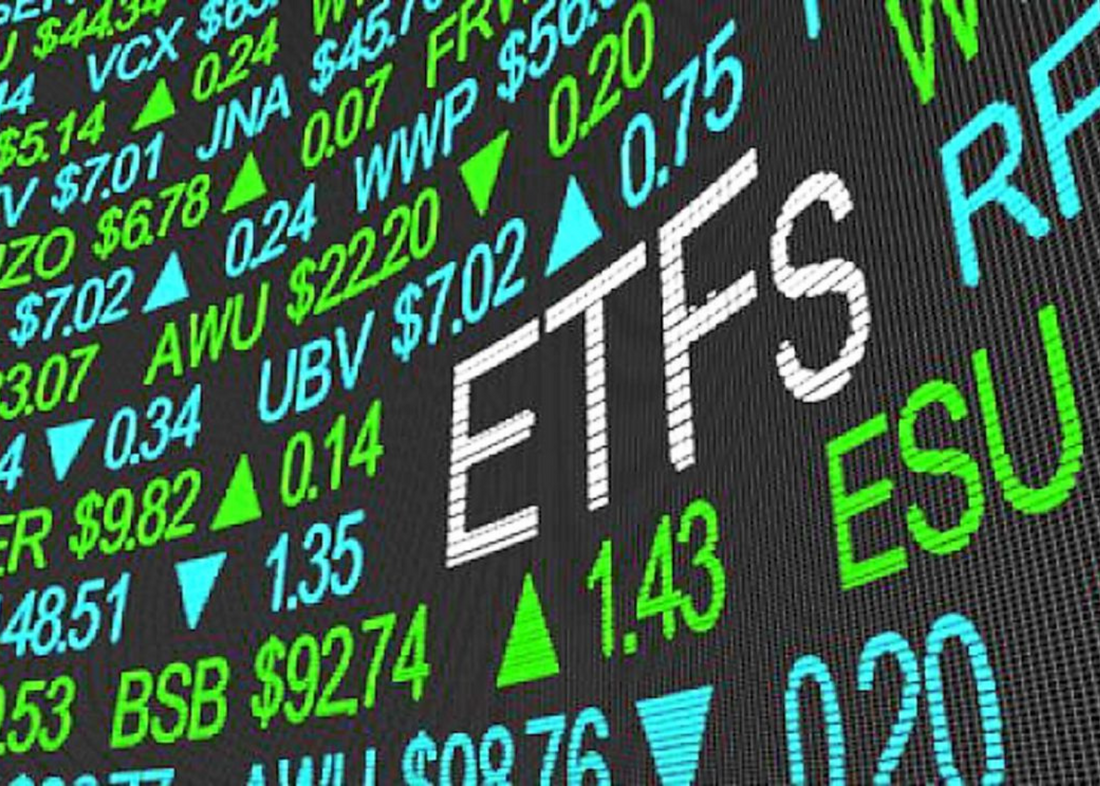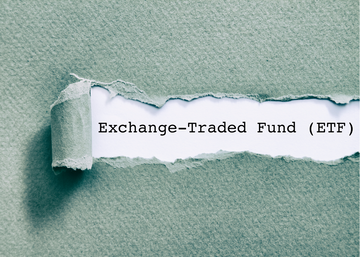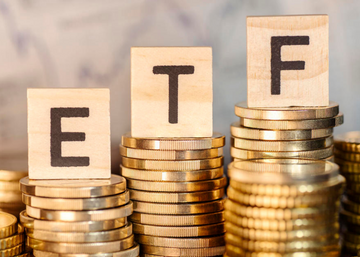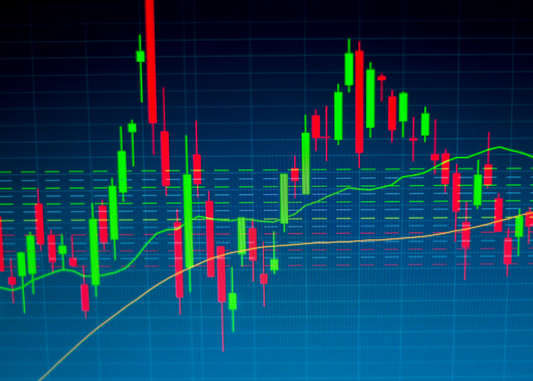Why invest in ETFs?

Exchange-traded funds (ETFs) have become increasingly popular in recent years. For one thing, these financial products have not been around as long as traditional investment funds, for example. ETFs have only been available since about the turn of the millennium. What should interest investors even more: ETFs are significantly less expensive than funds. And they often perform better than conventional funds.
ETFs refer to an index
What distinguishes ETFs from traditional funds? ETFs imitate a reference index, for example, the DAX (German stocks) or the S&P 500 (stocks), or any other index. Thus the ETF investor can participate in line with the performance of the reference index. If, for example, the DAX rises by 10 percent, the DAX-ETF should increase by the same amount. Of course, this also applies vice versa. If the reference index falls, the value of the ETF falls accordingly.
More cost-effective than funds
There is a simple reason for the favorable cost structure of ETFs: the management of these financial products involves considerably less effort than with regular funds, as index funds "only" imitate an index. With them, fund managers do not have to constantly monitor the markets and buy and sell positions depending on developments. This is why ETFs are said to be passively managed, whereas mutual funds are actively managed. And that Is more expensive: For global equity ETFs, investors only pay an average of about 0.2 to 0.5 percent management fee (administration fee). In the case of mutual funds, the fees are often more than 1.5 percent. And ancillary costs are known to reduce the potential returns further. The portfolio of a fund must therefore deliver better performance than an ETF in order to compensate for the additional costs.
Better than the market
One further advantage of ETFs is that they often deliver better performance than regular funds. Empirically, the majority of fund managers do not manage to beat the market, i.e. the comparative index or benchmark. On the other hand, ETFs are, of course, not an „all-in-one solution for everything“. Investors take market risks with ETFs because they follow the performance of the underlying index. In the event of a stock market decline, this leads to negative performance. Basically, an ETF investment makes sense for the long term, i.e. at least 5 to 10 years. With this investment horizon, phases of weakness in the market can be compensated for again. For many years, well-known stock indices have historically increased. Such as with the DAX, S&P 500, and EuroStoxx 50 (Eurozone equities): Viewed over several decades, the stock market barometers had a positive performance.
The ETF world has grown
In recent years, special indexes have been created so that investors can invest in them via ETF. Examples are trending themes on digitalization, robotics, or green investments. Newer approaches also choose equal weightings of the index members in the composition of the index instead of weighting the shares according to stock market turnover and free float, as is the case with classic stock market barometers. Incidentally, ETFs can also refer to asset classes other than equities, such as bonds. The principle is the same. So it is possible to invest in hundreds or even thousands of different bonds with a single bond ETF. As with equity ETFs, the result is that investors use the products to spread market risk across many different securities.
Protection from bankruptcy
Another advantage of ETFs, which also applies to conventional funds, is the fact that the capital invested by investors is legally a separate asset. Investors do not have to worry about whether the fund company or the bank that holds the ETF in custody could become insolvent in the future. This is because creditors cannot access the assets of the ETF.
The advantages of ETFs:
- ETFs are usually less expensive than funds
- ETFs replicate price movements in stock indices or other underlying 1:1
- Investmendfunds rarely manage to outperform benchmark indices
- Special assets protect ETF-investors
No comments
Home
Trive
TriveHub






0 comments